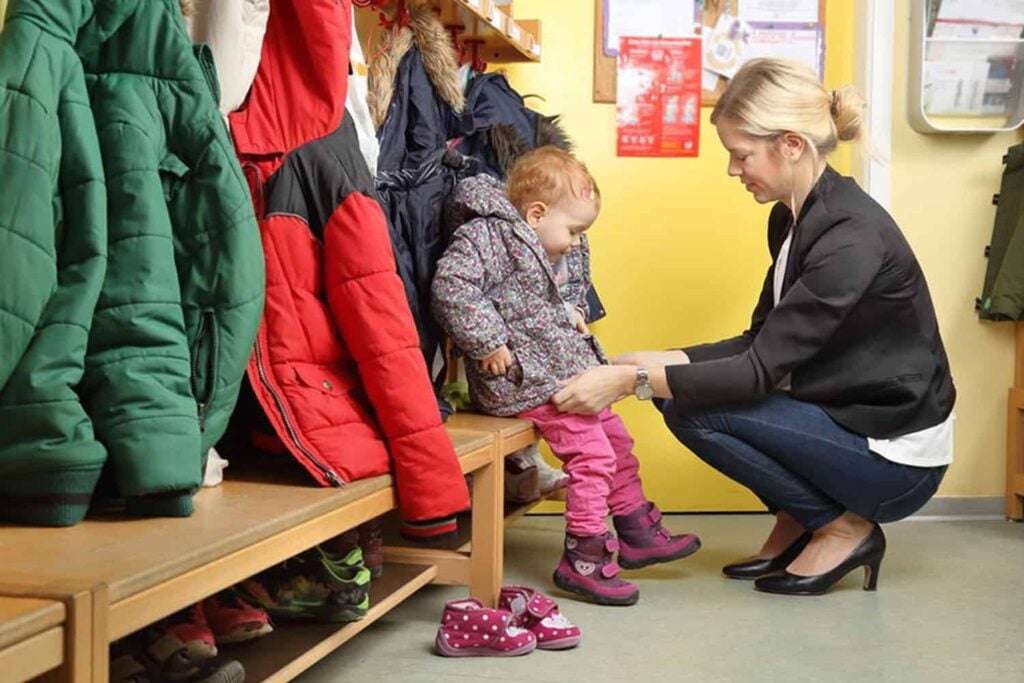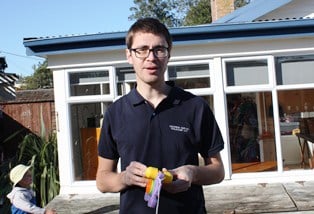Inequalities.
April 27, 2011.
Children from low socio-economic households are accessing early childhood education less than other NZ children, despite government heavily subsidising early childhood education services.
This is the central claim of a new report published by The Salvation Army Social Policy and Parliamentary Unit titled ‘Monopoly Games in the Nursery: Community, Inequalities and Early Childhood Education’.
“The market approach has been very successful in the more well-to-do communities where parents have taken advantage of Government subsidies”. An example is given of the 20 Hours ECE funding policy which has been shown to have benefited the higher socio-economic groups and largely failed to reach children who would benefit most.
Policy is needed that will help to eliminate poverty. As well there needs to be “some intentional work at the grass roots level of low decile school communities enabling positive pathways for all to access quality ECE” says report author, Carol Walden.
An answer lies in alternative approaches for delivering ECE and specifically in community development models of ECE.
For example, one model of ECE provision profiled in the report represents an approach to contributing to family well-being through social services work which includes a playgroup for parents to create a social network, a food-bank, and counselling.
Another model stems from a faith-based perspective of helping people through a community church.
Community-based ECE helps to develop local networks of support for families. Such ECE helps to lessen stresses for families, for the benefit of children, says Carol Waldon.
The report recommends that the Government:
- Needs to change from an emphasis on education as a commercial commodity to emphasising citizen’s rights for equitable distribution.
- Initiate ECE expenditure especially directed at the bottom socio-economic groups as a priority over higher socio-economic groups, who have the economic means to access ECE independently of government subsidies.








